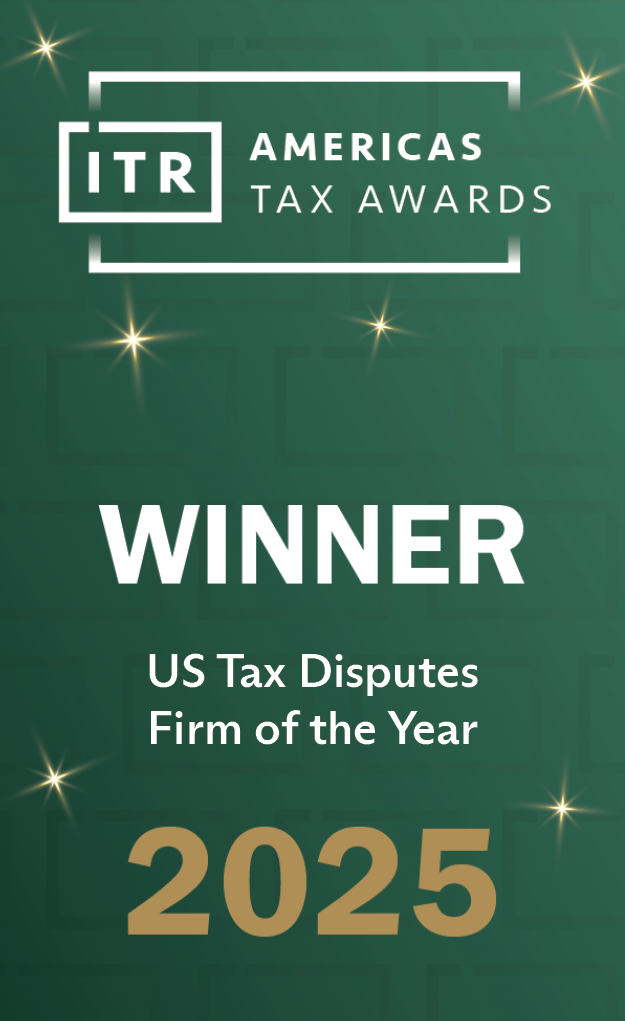In Estate of Levine v. Commissioner, the US Tax Court (Tax Court) rejected an Internal Revenue Service (IRS) attempt to expand upon the privilege waiver principles set forth in AD Inv. 2000 Fund LLC v. Commissioner. As background, the Tax Court held in AD Investments that asserting a good-faith and reasonable-cause defense to penalties places a taxpayer’s state of mind at issue and can waive attorney-client privilege. We have previously covered how some courts have narrowly applied AD Investments.
In Estate of Levine, the IRS served a subpoena seeking all documents that an estate’s return preparer and his law firm had in their files for a more-than-ten-year period, beginning several years before the estate return was filed and ending more than four years after a notice of deficiency (i.e., which led to the Tax Court case) was issued. The law firm prepared the estate plan and the estate tax return in issue. The law firm represented the estate during the audit, and after the notice of deficiency was issued, the law firm was engaged to represent the estate in “pending litigation with the IRS.”
Petitioner sought a protective order to limit the scope of the IRS subpoena to the period prior to the issuance of the notice of deficiency. Indeed, petitioner had also served a subpoena on the return preparer and his law firm, but petitioner’s subpoena was limited to the period ending on the date the estate tax return was filed. With respect to the law firm’s files created after the notice of deficiency was issued, petitioner claimed work product protection.
The IRS did not argue that the post-notice of deficiency files were not protected work product, but argued that raising a reasonable cause defense resulted in a waiver of work-product protections with respect to all materials prepared by the tax return preparer and the law firm.
The Tax Court concluded that the IRS was not entitled to any documents from the period after the notice of deficiency was issued. The Tax Court first agreed that a good-faith and reasonable-cause defense can waive work production for opinion letters and transfer pricing decisions before a return is filed, but the IRS had cited no authority supporting its position that the waiver extended to work-product prepared after litigation begins. Second, the Tax Court concluded that the “substantial need” exception, which it found was even more limited, did not apply; under that exception, a party can get otherwise protected work product if it has a “substantial need” for it. The Tax Court found no reason why any documents prepared after the estate filed its return could possibly lead to evidence that was relevant to the deficiency, and thus admissible for a reasonable-cause defense.
At the conclusion of its order, the Tax Court made clear that subpoenas are not for broad-based “fishing expeditions” stating that, although “a well-placed baited hook or cast net may well be okay; this kind of large-scale drift-netting is not.”
Practice Point: In cases where privilege is waived by asserting a reasonable-cause defense, the question is the scope of the waiver. Some courts have applied a fairness test to limit the scope of the waiver to reasonably contemporaneous documents, thereby not extending the scope of the waiver to legal advice rendered at a later date. Estate of Levine is consistent with a recent pattern of the IRS aggressively arguing against the assertion of privilege and work-product protections in tax audits. Taxpayers should carefully scrutinize IRS attempts to obtain privileged documents, and resist the IRS’s attempts to expand the waiver concept beyond reason and principle. Sometimes taxpayers may be able to narrow the scope of an IRS request informally, but other times taxpayers may need to protect their rights in court. Indeed, courts are rightly reluctant to vitiate protections against disclosure, especially when the government’s arguments are full of holes!







